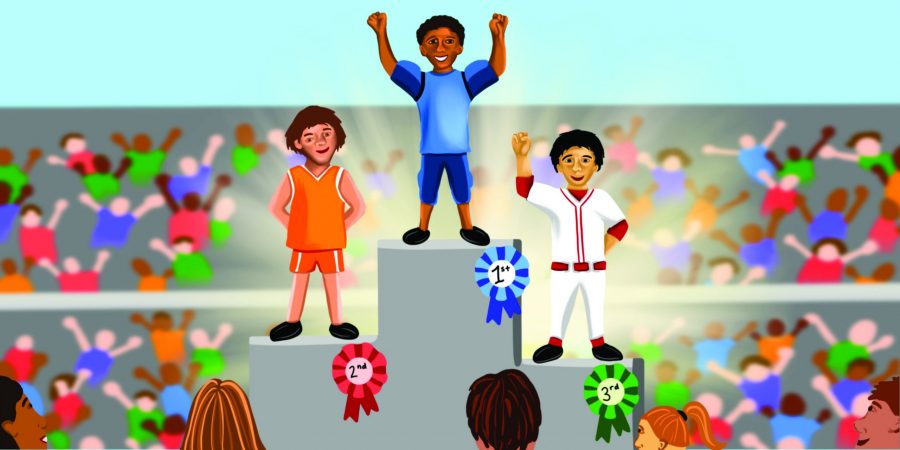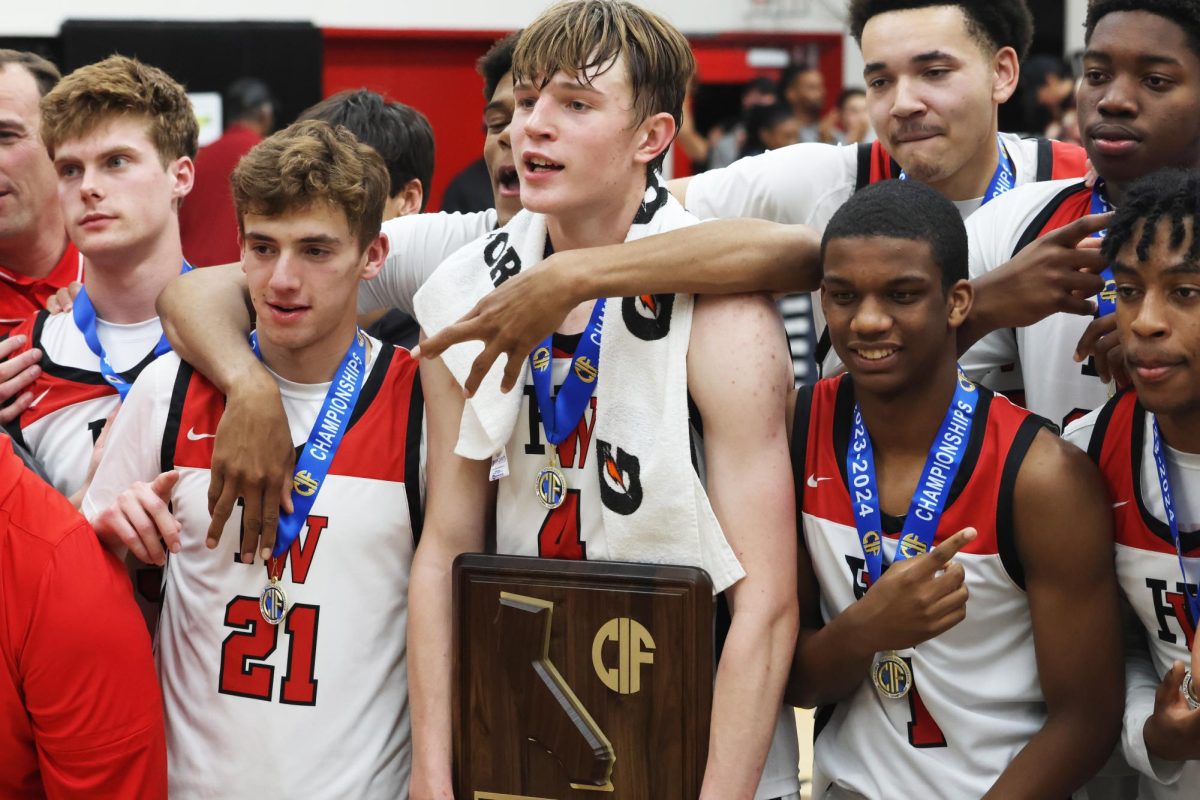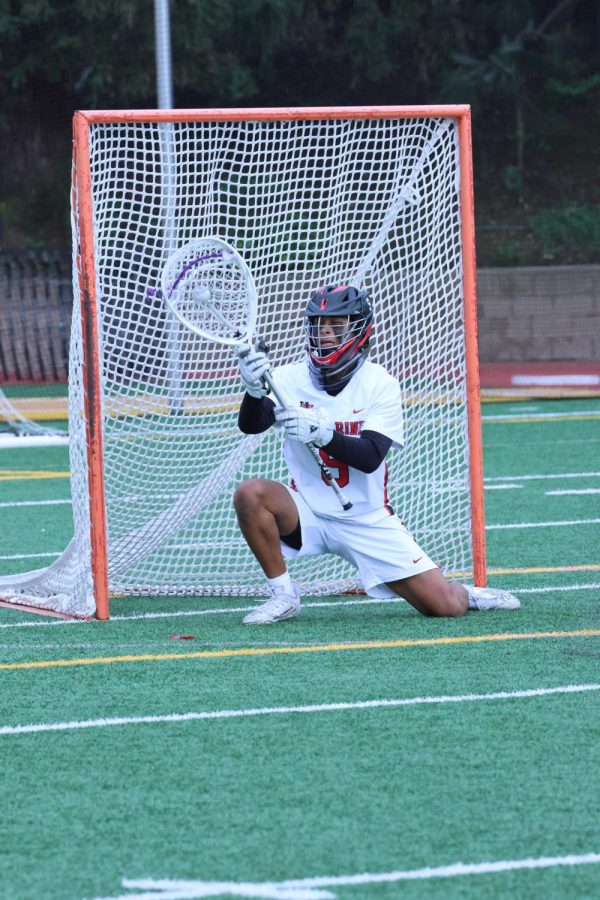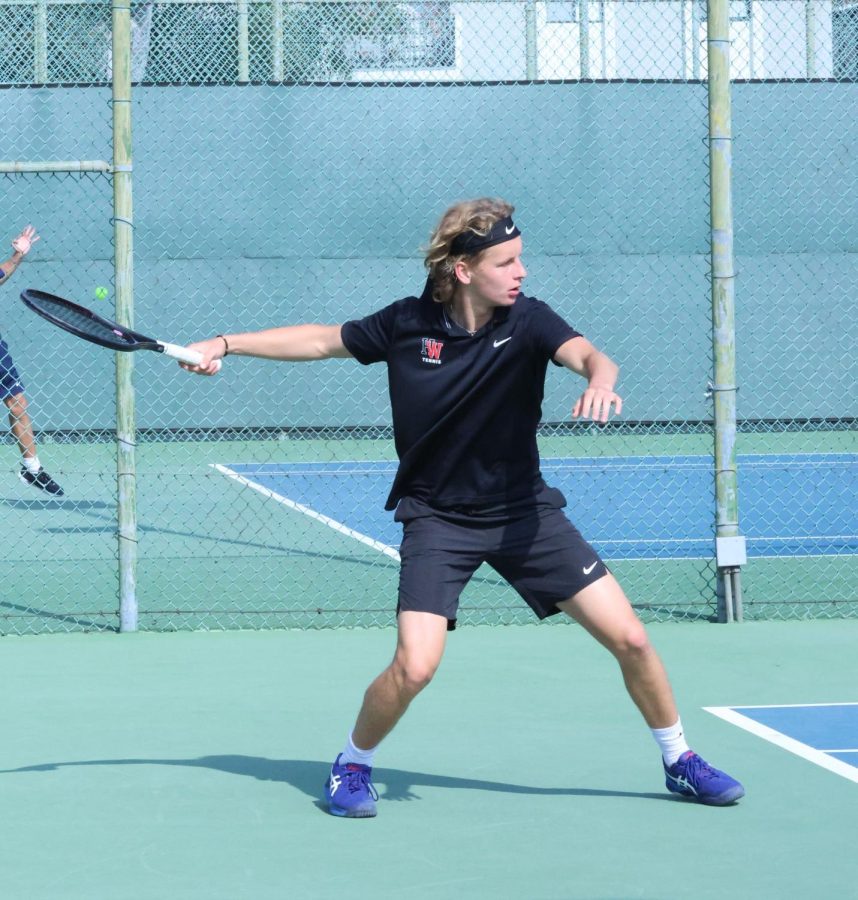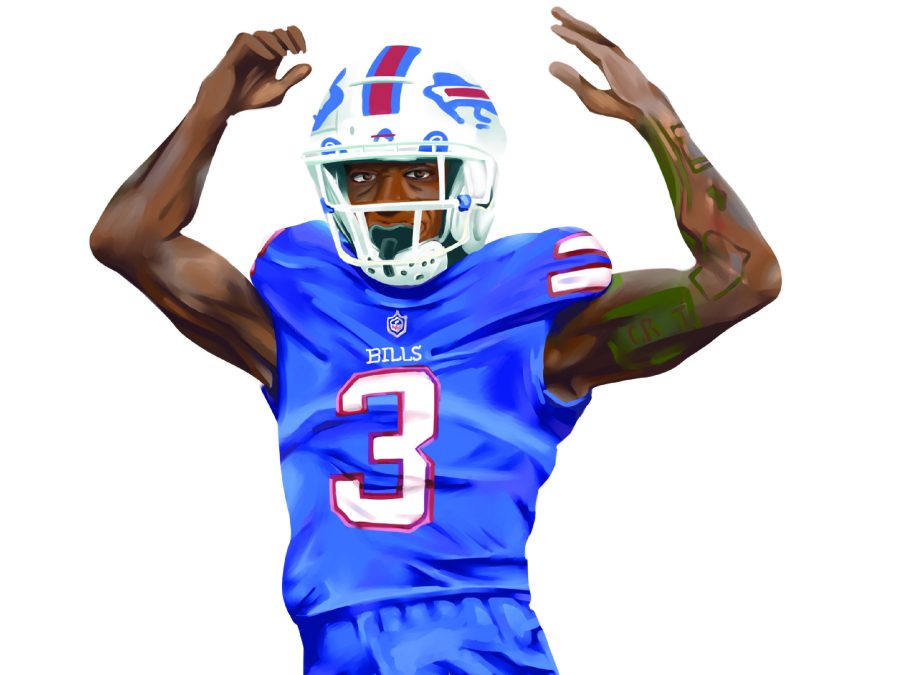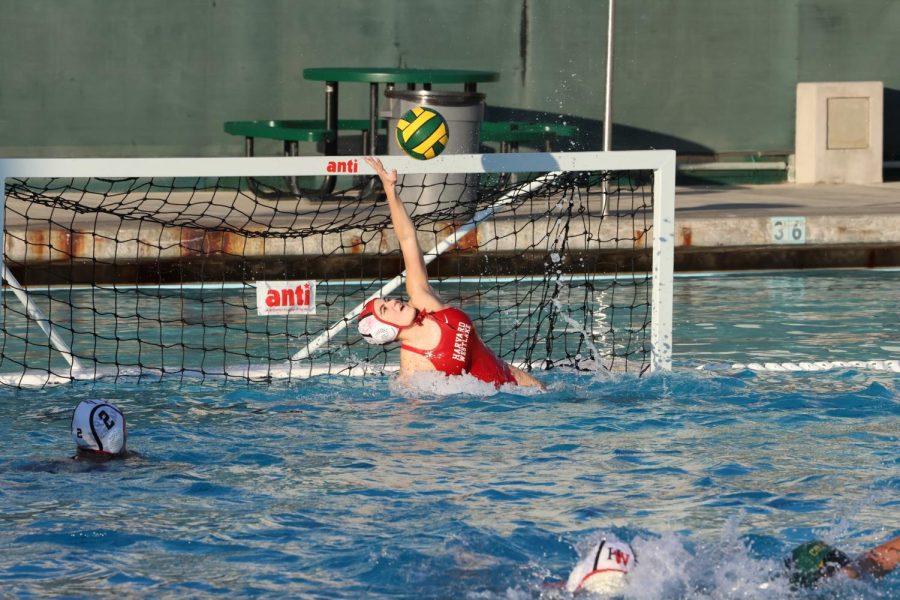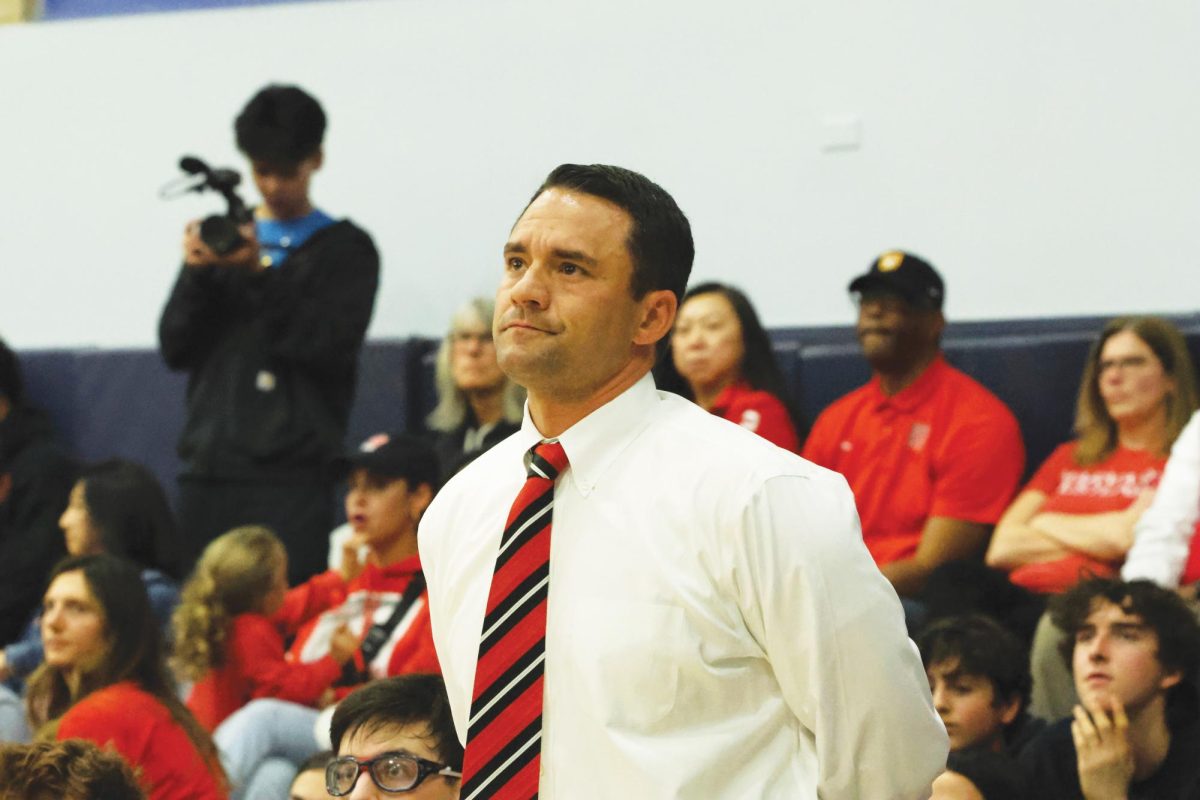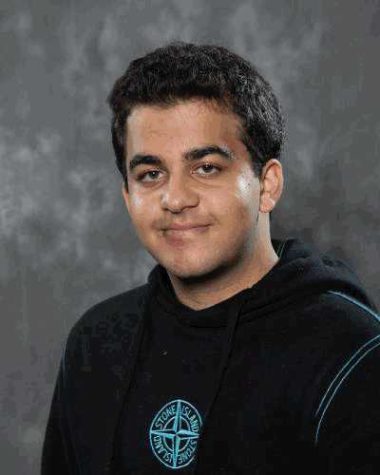With the rise of social media activism, athletes feel increasingly pressured to be leaders on and off the court. This past year, many NFL and NBA athletes, including Malcolm Jenkins and LeBron James, have become more vocal on public topics, explicitly taking stances on issues ranging from election rights to social justice. These actions put a greater responsibility on them, as they are now starting to become ingrained as influencers in our society.
While one might feel that athletes are getting paid for their performances, it has become clearer that they are also public figures. The actual games are a small piece of a larger industry that capitalizes on the public personas of sports stars, from television airtime to brand sponsorship. Companies such as Wheaties market athletes as role models and influencers to attain wealth and recognition. Franchises pay athletes significant salaries because these athletes have a major presence in American households. Children watch more than just the game; they idolize these athletes. They see them as role models, dreaming of growing up to be like them. Children take mental notes of what they observe in these athletes’ behavior, which become guiding principles.
“I don’t think we can accept all the glory and the money that comes with being a famous athlete and not accept the responsibility of being a role model, of knowing that children and even some adults are watching us and looking for us to set an example,” former NBA superstar Karl Malone said to the media in 1993. This moral obligation has heightened in the past year, since athletes have become more vocal regarding their support for the Black Lives Matter movement and other social justice causes in press conferences and on their social media accounts. Players also wear slogans on their jerseys on the court such as “I Can’t Breathe” and run campaigns off the court advocating for historically marginalized populations. Athletes are no longer seen as people who are just gifted in their sport, but as leaders who use their followings to amplify social movements. However, for these athletes’ messages to be effective, their personal lives must align with their messages. They use their platforms to promote ideologies that support the rights of underrepresented parts of the population. Thus, it is essential that sports stars recognize what is expected of them as leaders and role models.
While they live in the limelight, not all can live up to the pressure. Even non-criminal mistakes can alter fans’ behavior. The recent scandal with Justin Turner of the Los Angeles Dodgers shows how one poor decision can tarnish an athlete’s image. Turner tested positive for COVID-19 during the 2020 World Series against the Tampa Bay Rays and initially left the game to isolate. After the Dodgers won, he returned to celebrate without a mask. While Turner’s desire to celebrate was understandable, this decision set a bad example, especially for children who idolize him. As a result, fans may have disregarded COVID-19 regulations when celebrating the win.
Ultimately, with great power comes great responsibility, and mistakes by professional athletes show the damage that can occur when role models fail to recognize their influence.
Athletes have the ability to positively change society when they embrace their roles as leaders, and we should encourage them to rise to the occasion.



































